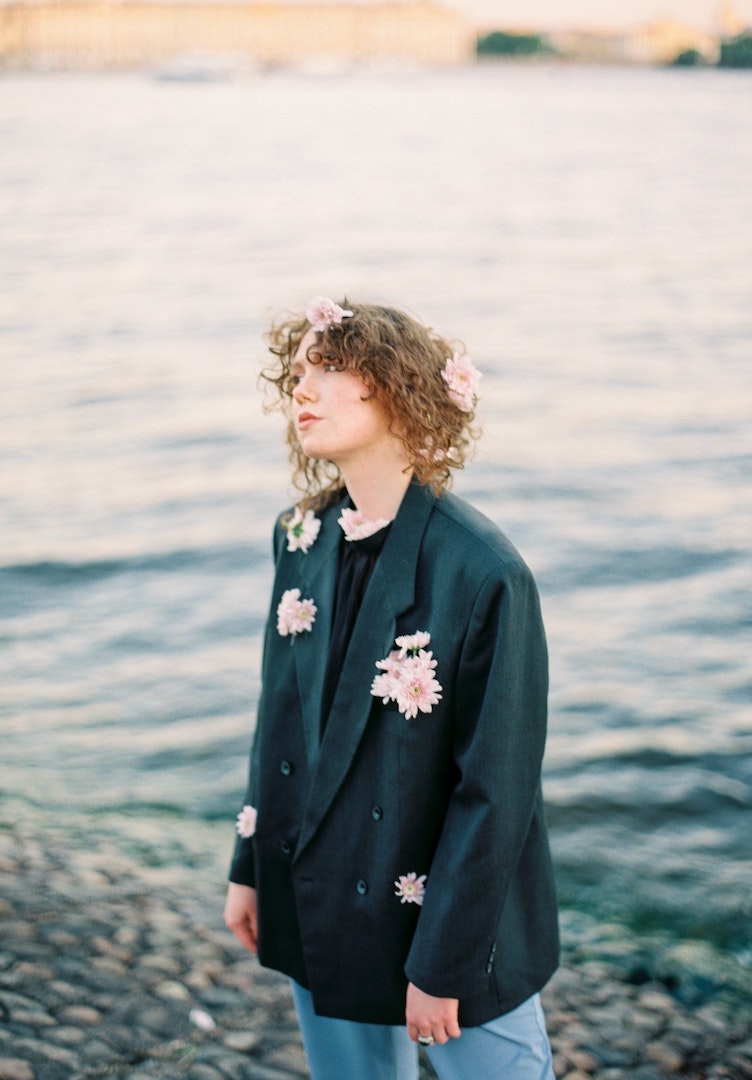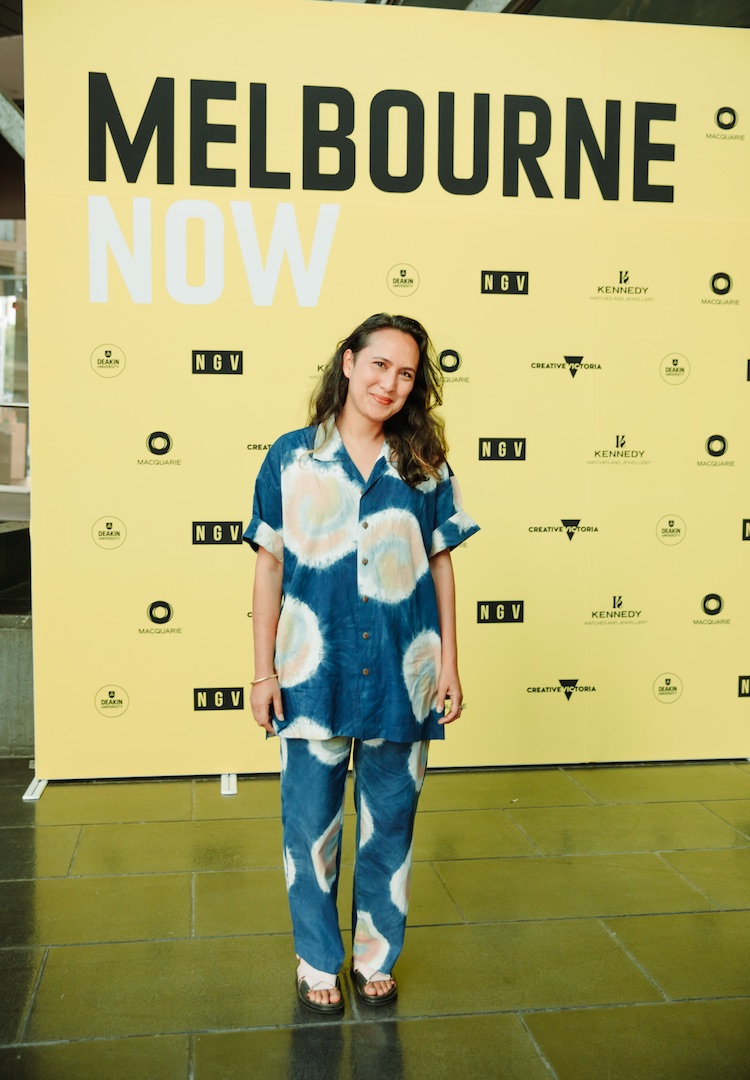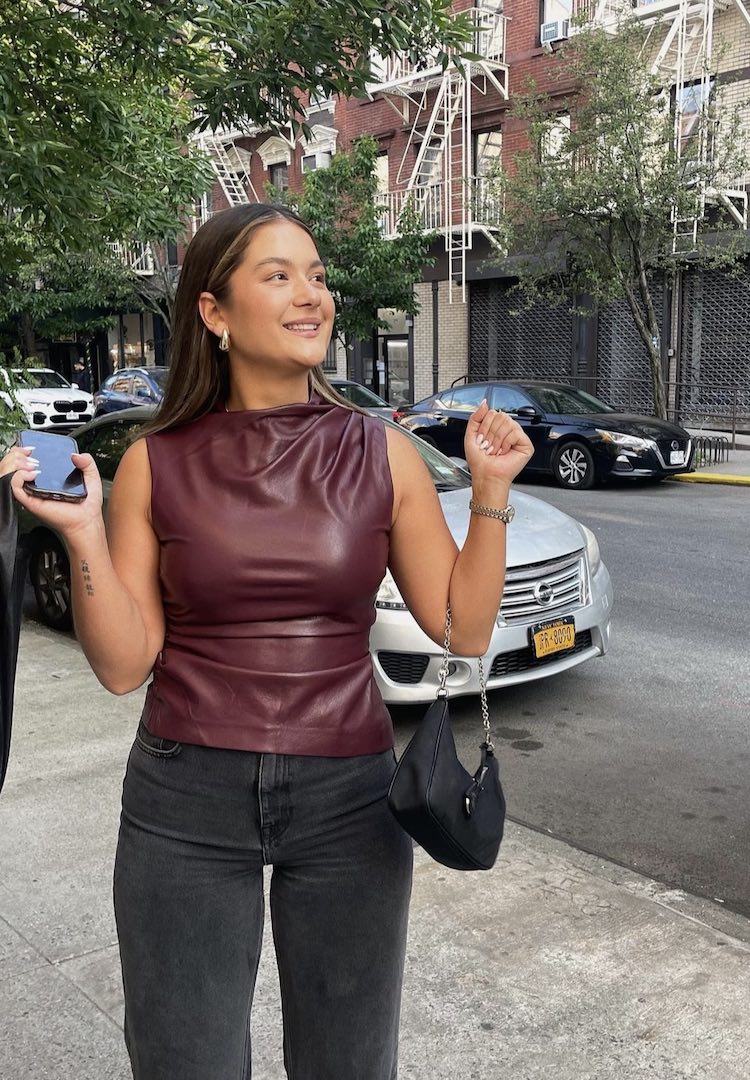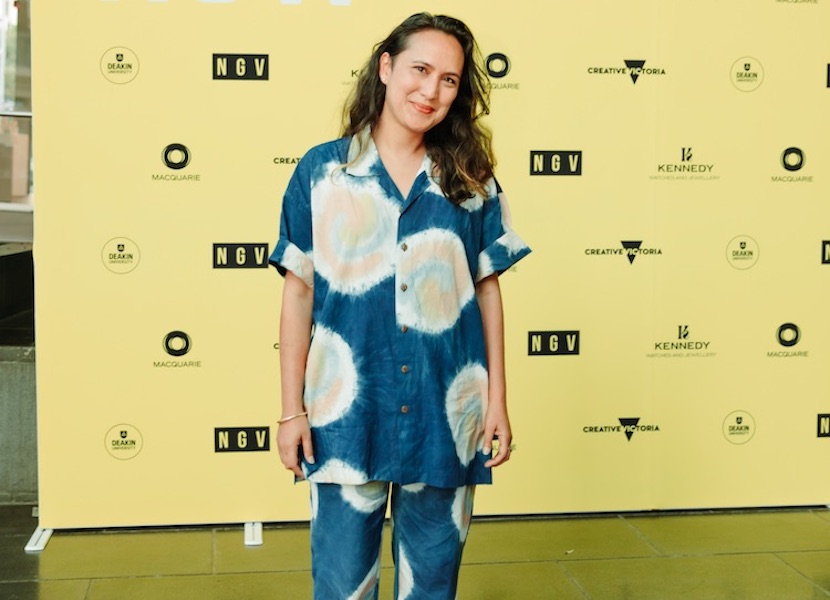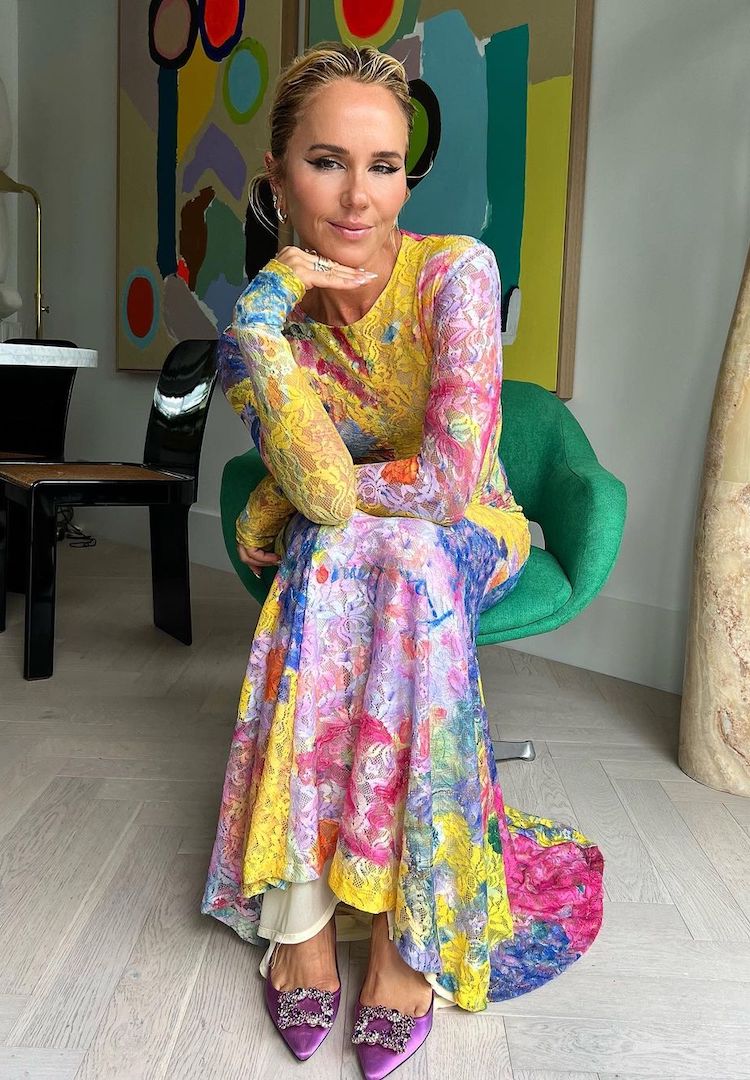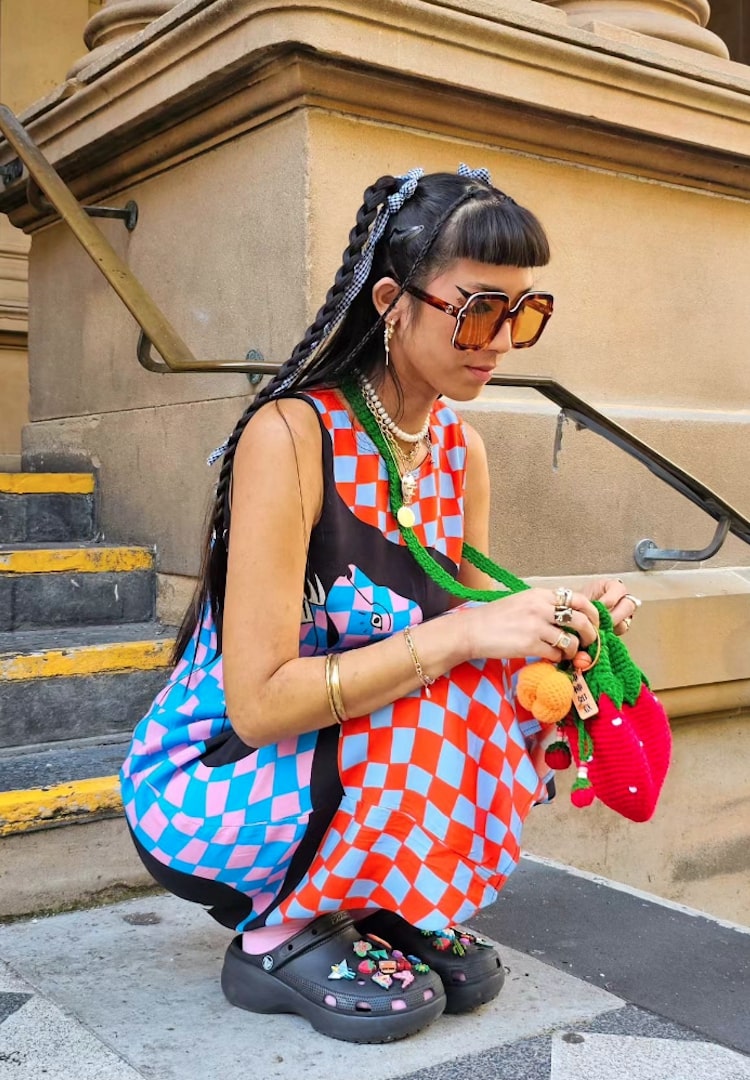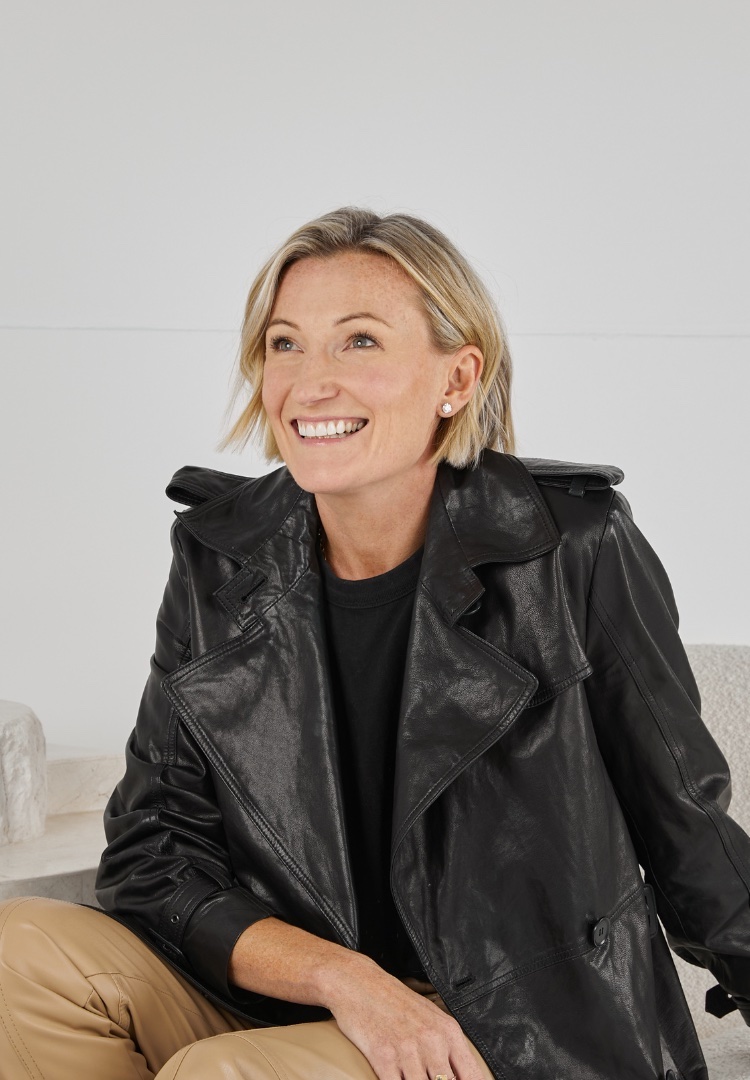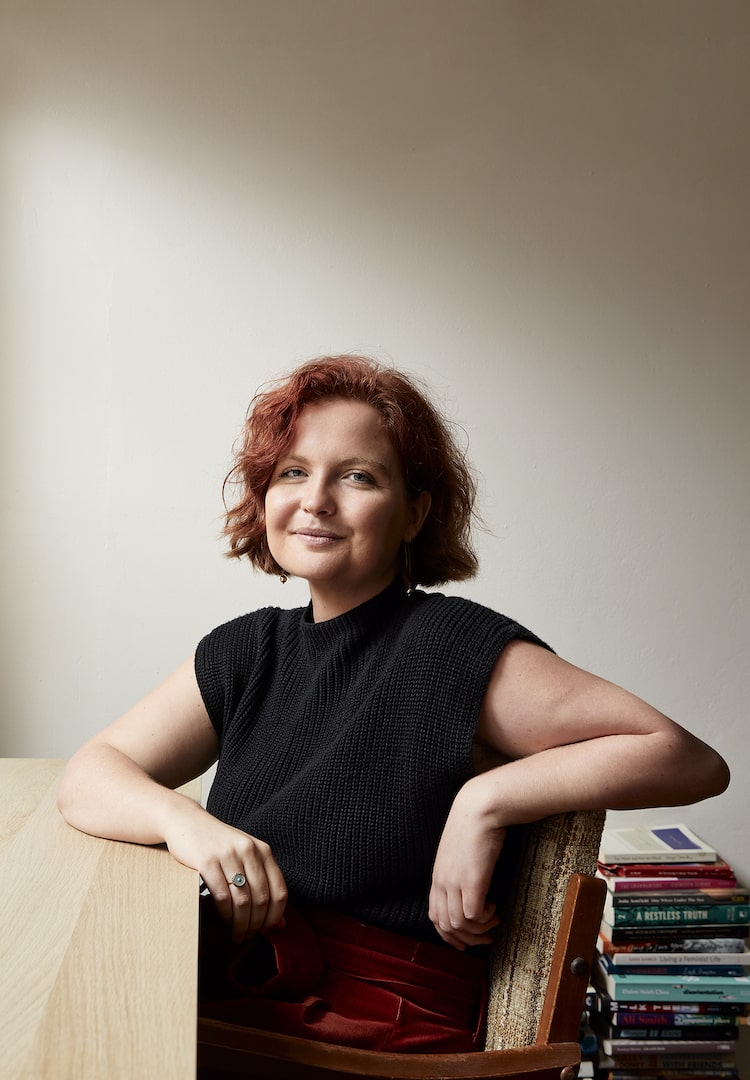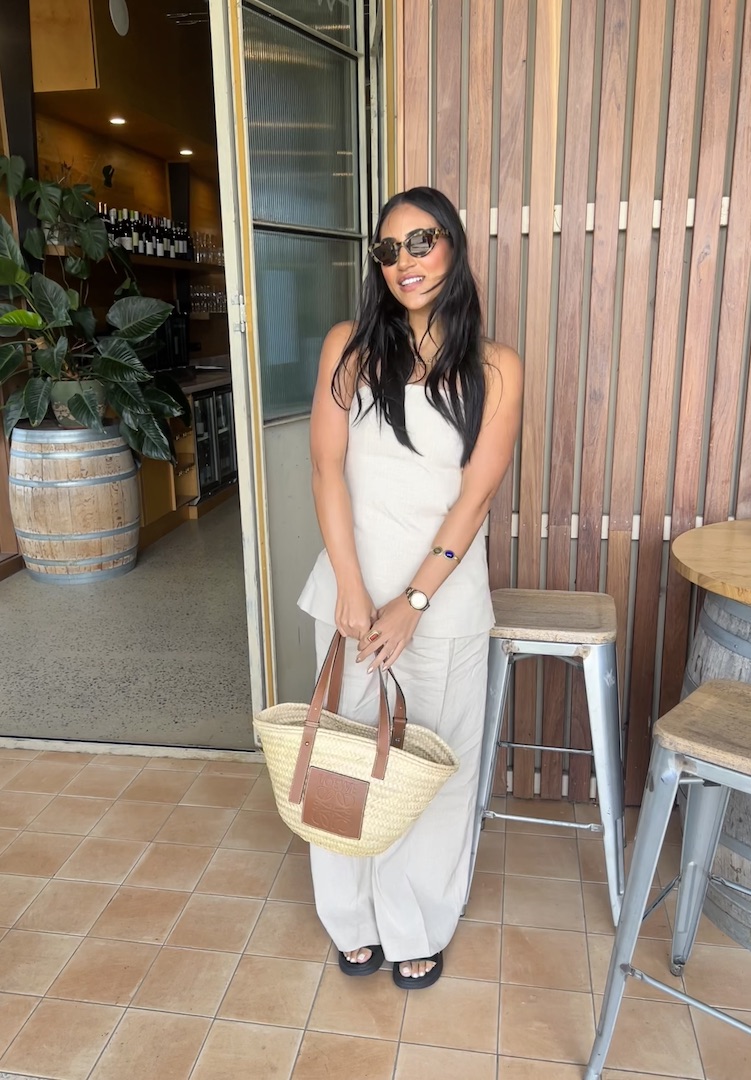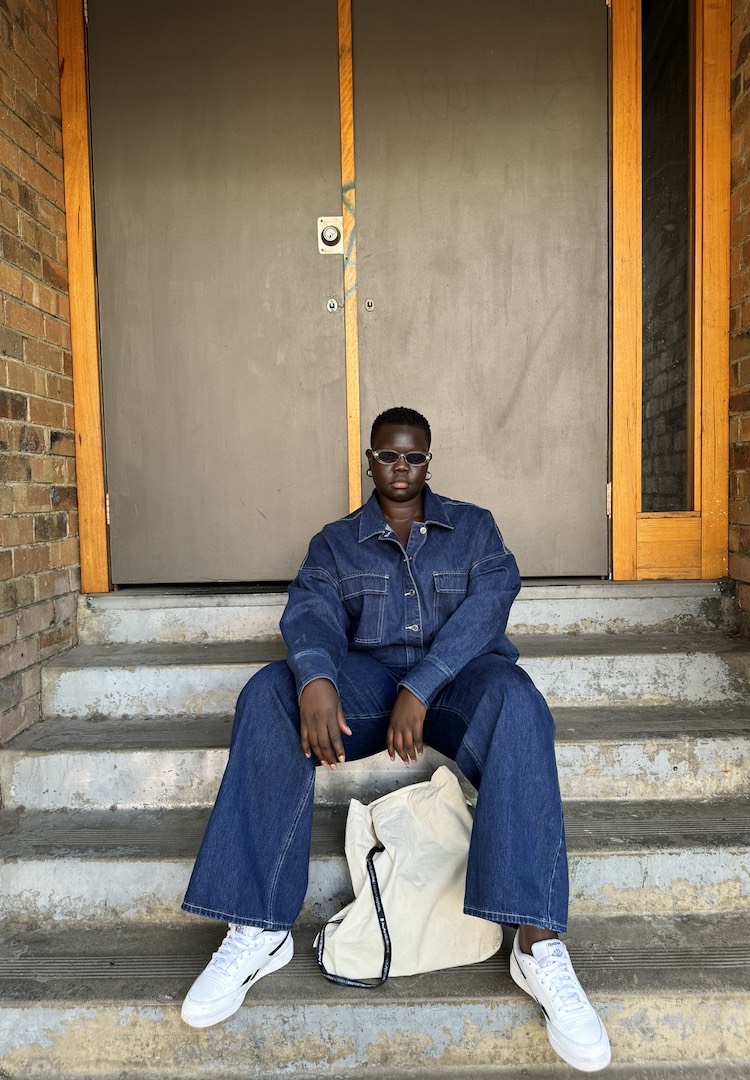How I Got Here: Dewi Cooke, The Social Studio’s CEO, on leaving journalism for a not-for-profit
WORDS BY MAGGIE ZHOU AND CAIT EMMA BURKE
“Do lots of interesting stuff, have different life experiences and develop a broad skillset.”
Have you ever stalked someone on LinkedIn and wondered how on earth they managed to land that wildly impressive job? While the internet and social media might have us believe that our ideal job is a mere pipe dream, the individuals who have these jobs were, believe it or not, in the same position once, fantasising over someone else’s seemingly unattainable job.
But behind the awe-inspiring titles and the fancy work events lies a heck of a lot of hard work. So what lessons have been learnt and what skills have proved invaluable in getting them from daydreaming about success to actually being at the top of their industry?
Looking for a new 9 to 5? Head to our Careers page for new listings daily.
Welcome to How I Got Here, where we talk to women who are killing it in their respective fields about how they landed their awe-inspiring jobs, exploring the peaks and pits, the failures and the wins, and most importantly the knowledge, advice and practical tips they’ve gleaned along the way.
Philippines-born and Australian-raised Dewi Cooke always knew she was going to be a journalist. Growing up with a parent who worked in the field, Dewi gravitated to a bachelor’s degree in journalism before gaining a Master’s degree from Columbia University’s Graduate School of Journalism. What she didn’t expect, after a decade and a half in the industry, was pivoting paths completely.
In October 2020 she shifted into the not-for-profit world and took the title of CEO at Melbourne social enterprise, The Social Studio. At the intersection of education and production, The Social Studio is a fashion-focused not-for-profit empowering Melbourne’s refugee and new migrant communities. Here, Dewi details her career trajectory and shares the best pieces of advice she’s gained so far.
What do you do and what’s your official job title?
I’m the CEO of The Social Studio, a not-for-profit social enterprise working with refugee and migrant creatives across fashion, design and the arts.
Take us back to when you were first starting out. Did you study to get into your chosen field, or did you start out with an internship/entry-level role and climb the ladder? Tell us the story.
I’m the daughter of a journalist – the ABC news bulletin was the soundtrack to my family’s life! – so journalism always felt like a natural choice for me. I moved to Melbourne in my twenties to study an undergrad journalism degree (I was born in the Philippines but spent much of my childhood in Queensland. Eventually, I got to The Age newspaper, where I worked my way up from editorial assistant to cadet reporter to fully fledged journo.
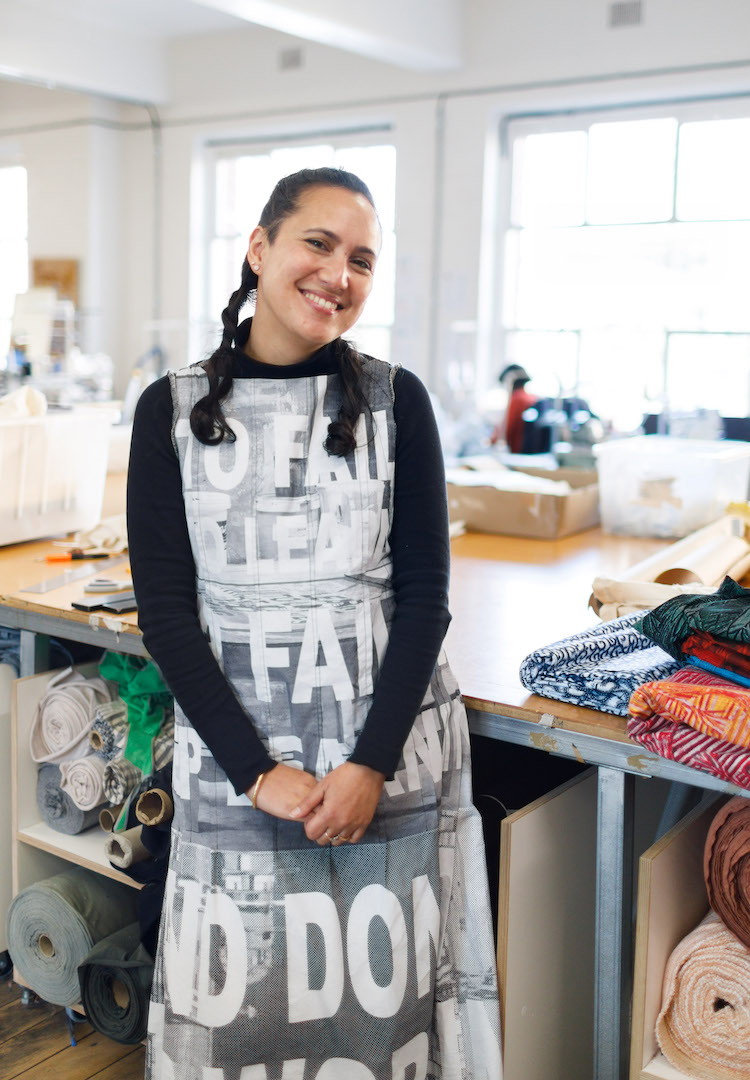
I went on to spend over a decade there as a reporter and editor, before freelancing as a podcast producer and digital consultant. After 15 years in media, I was looking for a new direction and keenly missed the sense of public purpose that I’d felt working in a daily newsroom. I had always had a strong interest in fashion, as well as community development, so when the opportunity came to lead The Social Studio, I jumped at it.
What challenges/hurdles have you faced getting to where you are now? Can you tell us about one in particular?
Making the career pivot from being a journalist (which I thought I’d do forever) to leading a not-for-profit organisation (which I’d never considered) was definitely hard, especially in the middle of a global pandemic.
I’ve had to lean into parts of my character I’d rarely explored; I’d always enjoyed autonomy in my work and, as a naturally introverted person who presents as an extrovert, I like to have time and space to reflect before driving forward with a project. At the Studio I’ve had to learn to share my thoughts and energy with my team and board, as well as create more structure where I might naturally prefer looseness. I’m still learning how to do this, to be honest!
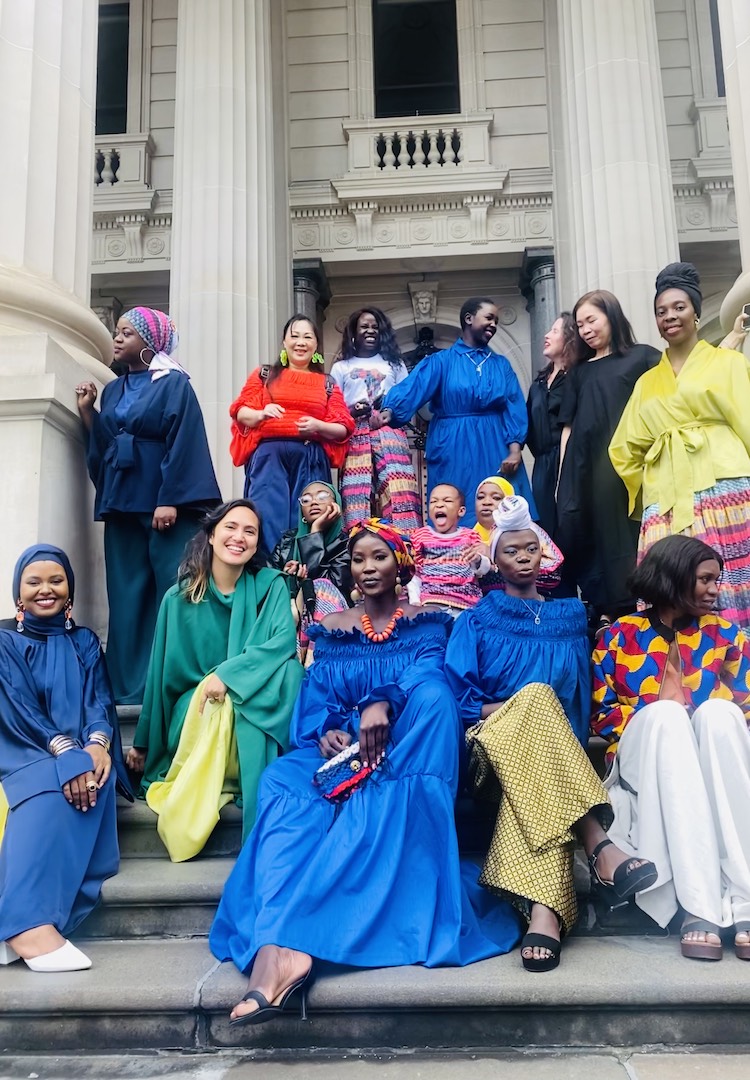
There are loads of skills from my journo days that I use every day – communication, creative thinking and forming trusted relationships among them – but there is SO much stuff I’ve had to learn on the job, from doing payroll, budgets and running operational systems to understanding garment manufacturing and vocational education. It’s a lot!
And because we are a not-for-profit that primarily relies on external funding (ie. from grants and donations) we don’t have a budget for a huge staff so I’m always juggling multiple projects and priorities. [It] requires being comfortable with a degree of chaos at all times!
What do you want people to know about your industry/your role?
There are more jobs in fashion than being a designer! We try to tell our students this all the time and I think it’s really important for anyone interested in getting into the industry to look at all the possible career pathways there might be. Patternmakers, garment machinists, production managers, textile designers, fabric millers and print specialists – all of these are viable careers, and we need more people to do them!
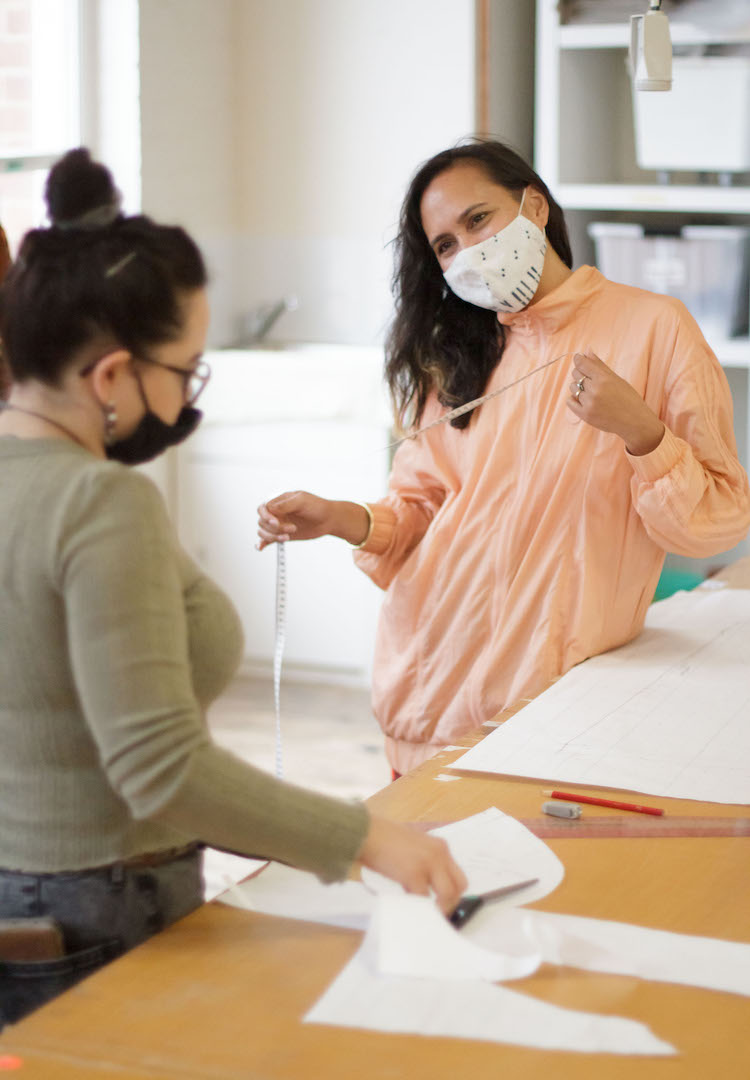
I’d also love people to understand that the status quo doesn’t have to remain unchallenged. At the Studio we look at fashion through a not-for-profit lens, so we get to experiment with what best practice for the industry could look like: our manufacturing studio is Ethical Clothing Australia-accredited, we preference using deadstock and donated fabric in our own projects, and we invest our resources in building capacity and opportunity for newly-arrived communities. We’re trying to be a little microcosm of what a brighter future could be.
What’s the best part about your role?
For all the chaos, I actually love how varied it is. It’s an almost-perfect Venn diagram of all my interests: people, culture, community, fashion and creative expression, all wrapped up in an organisation that’s striving for social justice and a more diverse creative sector. I love getting to know our students, being surrounded by creativity [and] the team of brilliant women I work with who make every day fun and interesting.
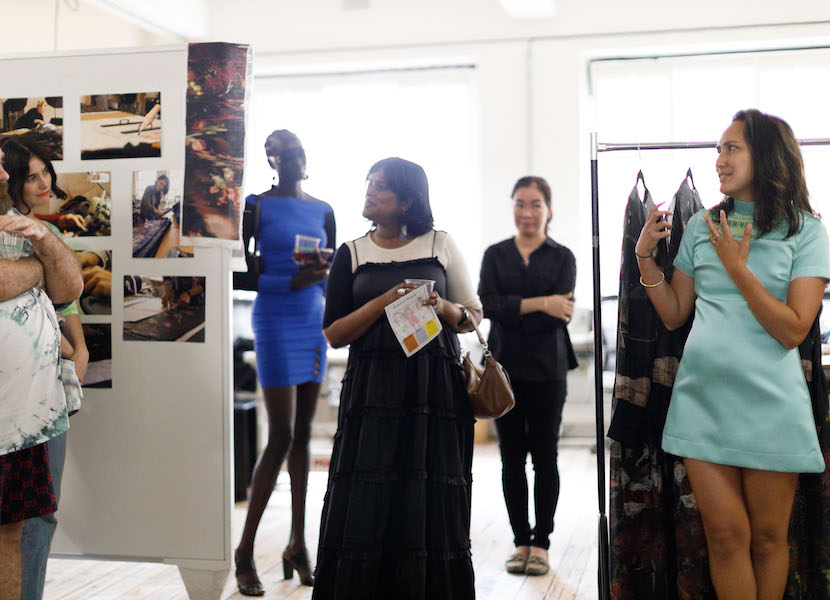
What would surprise people about your role?
How un-glamorous it can be! I’m as likely to be assembling shelves, helping out in our shop or taking the bins out as I am attending opening nights or rubbing shoulders with industry power brokers.
What skills have served you well in your industry?
I think being a strategic thinker and storyteller has helped. When I came into the role as CEO I kind of treated it like a story I was researching – what was The Social Studio trying to say about itself through its work? Were we doing what we promised on the box? And then I kind of set my strategic priorities from there.
It also helped that I knew a little bit about Melbourne’s arts and culture scene (I had been deputy arts editor at The Age for a while) and had an understanding [of] how government and the corporate sector operated. Lastly, being willing to ask a lot of stupid questions has been essential!
What advice would you give to someone who wants to be in a role like yours one day?
Do lots of interesting stuff, have different life experiences and develop a broad skillset – you never know what will be of use in your career. Case in point: I worked retail all through uni and I swear I still use the open-question approach we were taught to ask our customers. I’m not saying that’s all you need to be a CEO(!) but being multi-dimensional and able to draw on the many parts of yourself is important, especially when you’re encountering lots of different people with lives different to your own. Get out of your bubble, basically.
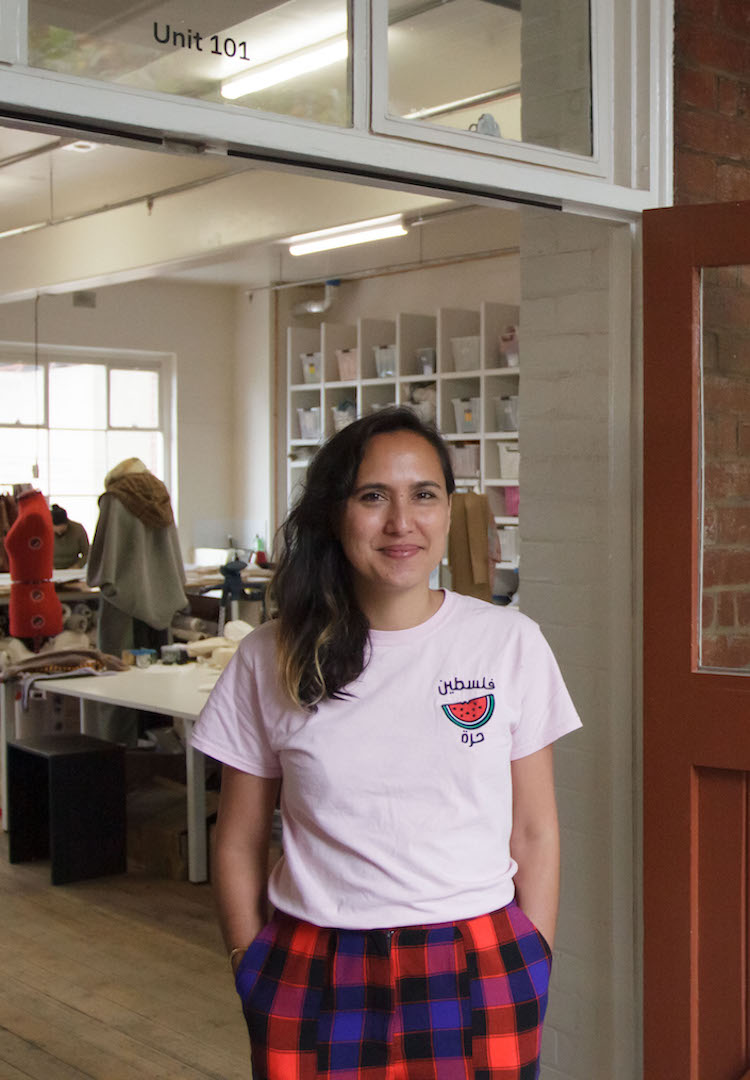
And keep in contact with people! Most of the work I’ve had came from my personal and professional networks, not job ads. This doesn’t have to be transactional; it’s not all about winning work for yourself. I am often recommending people for work, or being asked if I know any good candidates for jobs and I love to do it, especially if I can support young people from diverse backgrounds get a start somewhere. I think creating the community around you that you’d like to see is really important. if you can grow up together and help each other that’s even better.
What about a practical tip?
Learn how to read a balance sheet, have some project management skills and know what should go into a budget. Also, if you decide to intern or take a junior position anywhere, be really clear with yourself about what you want to get out of the experience. Learn, be humble, then build on what you know for next time.
Read the rest of the How I Got Here series here.
Looking to step up to a career in fashion? Each week we send a wrap of industry jobs straight to your inbox. Enter your details below and we’ll keep you in the loop, or browse current openings here.

